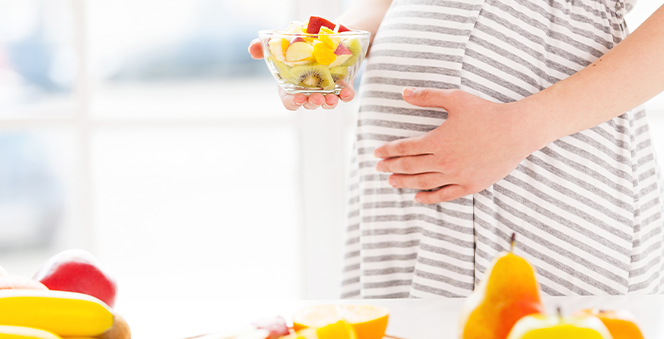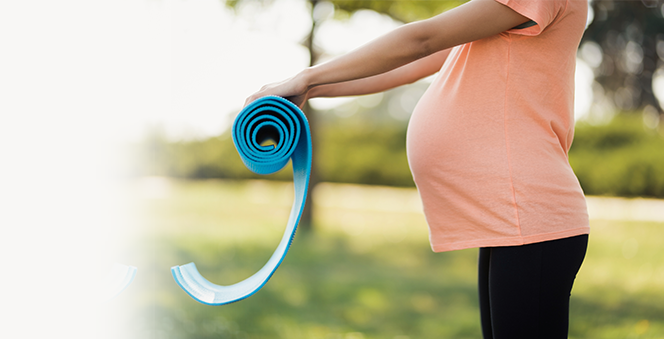When you’re pregnant, your body requires higher nutrition. This is because your body demands more energy and nutrition for growing foetus and mother. The mother needs to take care of her diet because it’s the time when the mother herself is in a phase of carrying a growing child inside her, as well as her body is preparing for lactation.
Although the saying “eating for two” is not completely correct, the mother needs more macronutrients and micronutrients during pregnancy. But before we get into the things a pregnant woman can and cannot eat, let’s find out why eating for two is not a great way to get ready for pregnancy.
EATING FOR TWO
Well, it’s one of the major misunderstandings that eating for two means eating twice than your regular diet. If a pregnant woman has a healthy weight and not getting triplets or twins, doubling her diet is not necessary and will only cause excessive weight gain. And extra weight gain will certainly mean an increased risk of complications during your pregnancy.
While the mother and growing foetus do require additional pregnancy diet and food, it’s better to understand what to eat and what not to eat during pregnancy to sustain a healthy pregnancy weight.
UNDERSTAND YOUR CHANGING NUTRITIONAL NEEDS
When you’re pregnant the nutritional needs do change. This means you have to focus more on consuming healthy foods than ever before.
Here are some essential nutrients that are important to intake during pregnancy:
- Calcium is useful in building strong bones and teeth, as well as helps nervous, muscular and circulatory systems to function in a normal way.
- Vitamin D is also important for building the baby’s bones and teeth.
- Folic acid helps in reducing any chances of preterm delivery.
- Protein helps promote your baby’s growth in the second and third trimesters.
Iron is essential to prevent anaemia.
Although a healthy pregnancy diet and food consist of meat, dairy products, fruits, vegetables, legumes, and grains, the pregnant woman has to take some prenatal vitamin-mineral supplements. Such supplements are created specifically to meet the much-needed nutritional requirements of the would-be mother and the growing baby.
FOOD TO AVOID DURING PREGNANCY
Here is a list of certain pregnancy diet and food to avoid:
- Alcohol: It is harmful to the unborn child even if taken in a small amount. So, avoid any type of alcohol when you’re pregnant.
- Caffeine: While a moderate amount of caffeine intake is safe during pregnancy, higher amounts of caffeine could increase the risk of miscarriage. So, take care of the foods that contain caffeine, such as tea, coffee, soda, chocolate and energy drinks.
- Non-pasteurized milk items and soft cheeses are not heated enough and contain the listeria bacteria, which could be life-threatening for you and the foetus. So, check product labels when buying food items from grocery shops.
- Undercooked or raw poultry or meat may contain certain bacteria that could harm the unborn child. So, avoid meals that contain such a form of poultry or meat.
- Raw fish and seafood also are sources of harmful parasites and bacteria. Fish also contains high traces of metal known as methyl mercury, which is harmful to the growing brain of the foetus or young children. So, the fish intake must be limited to just two servings per week.
If you follow these dietary instructions, you’re likely to have more control over your pregnancy diet and would certainly give birth to a healthy newborn.




